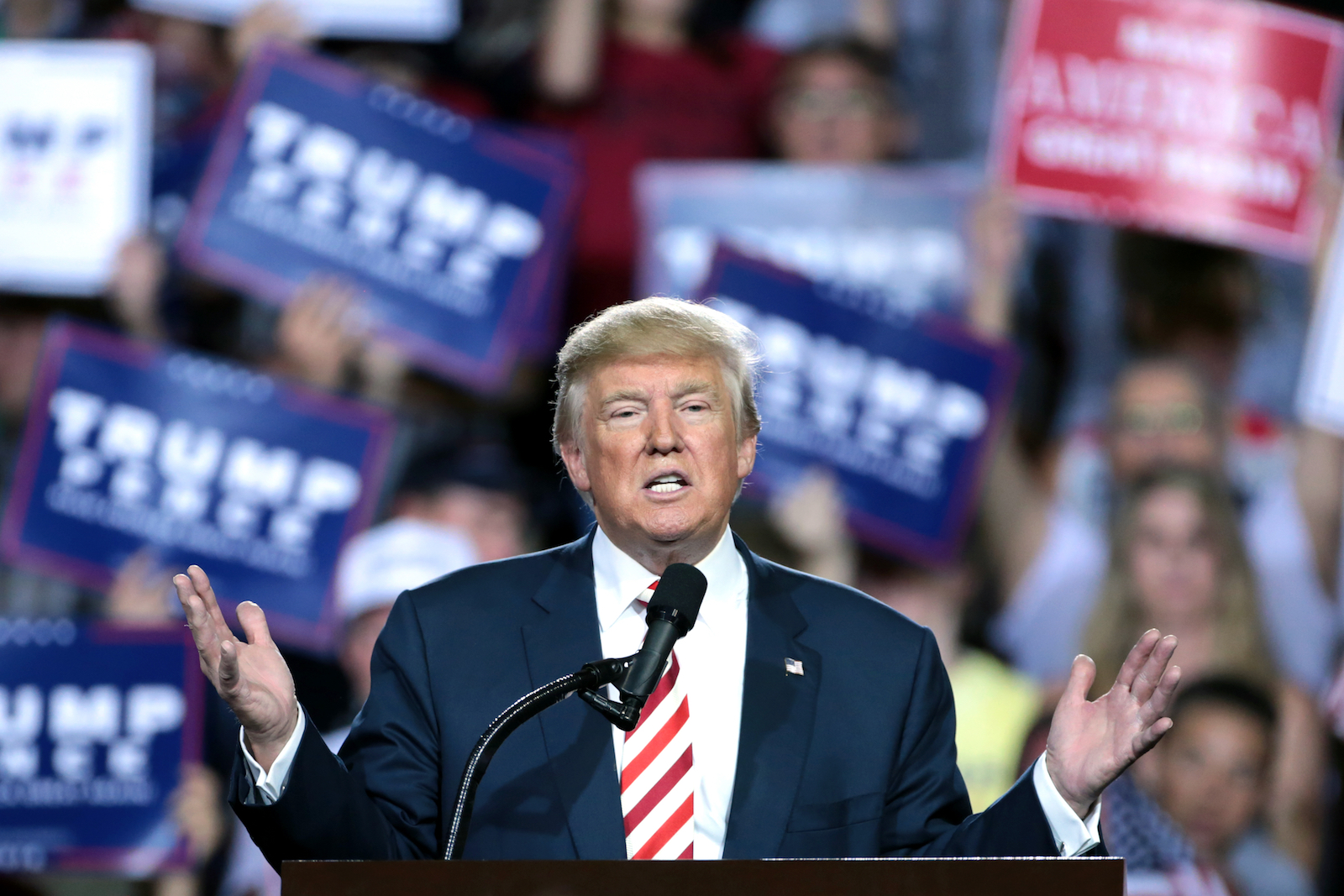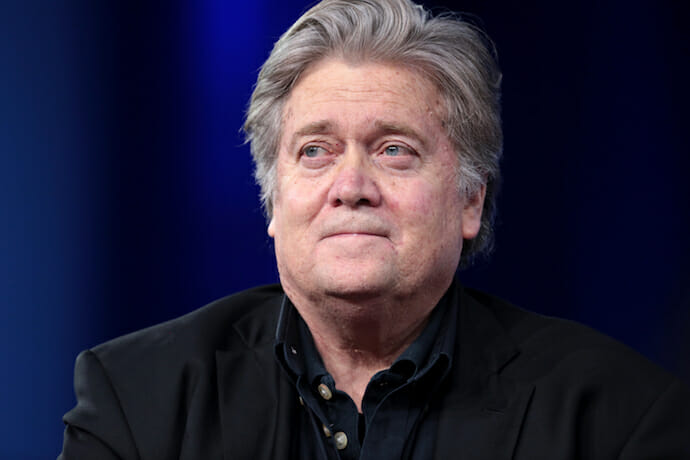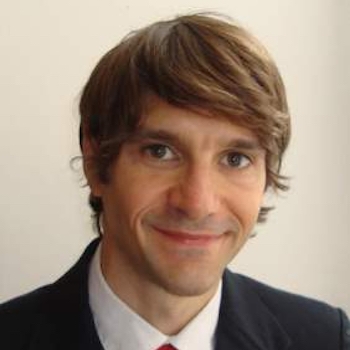
Politics
The Trump Primer. Ideology, Style, and Personality
“Maximize Your Options,” Donald Trump recommends readers of The Art of the Deal, “I…protect myself by being flexible,…I keep a lot of balls in the air.” America’s 45th president is indeed difficult to decipher. Both as a candidate and as president, Trump has stood out as an entertaining, hyperbolic, and often inconsistent politician. As argued by Thomas Friedman, there might be as many as five different “Trump administrations” – “Trump Entertainment,” “Trump Cleanup,” “Trump Crazy,” “Trump G.O.P.,” and the “Essential Trump.” On the other hand – oddly enough – Trump’s rhetoric has been quite appealing to voters, and he often even manages to leave his audiences with the feeling that they have finally found someone who speaks straight and means what he says.
Trump has always been a very polarizing figure, and making sense of his political outlook and policy approach is a daunting task even for shrewd political analysts. This article tries to grapple with such a tough job by dissecting and examining three aspects of Trump’s politics: the ideological principles that inform the president and his entourage’s outlook, the rhetorical style that characterizes Trump’s political message, and Trump’s personality.
Ideology: Old School Conservatism
Trump took office on January 21, 2017, with no record of prior political service. Some of his supporters actually liked him for that very reason. Lack of political experience, however, doesn’t necessarily mean lack of political views. After all, as famously noted by John Maynard Keynes, “The ideas of economists and political philosophers, both when they are right and when they are wrong, are more powerful than is commonly understood,” and they inform the worldview of even the most practical men, “who believe themselves to be quite exempt from any intellectual influence.”
Trump flirted with the idea of entering politics in the past, and he once bought advertising spaces in a number of major newspapers to state his views – and complaints – about the direction of America’s domestic and foreign policy. As campaign promises begin to be translated into actual policies, it becomes increasingly evident that Trump and his advisers share political views that are perhaps old-fashioned but distinctively conservative, and appear consistent with many traditional beliefs of the Republican Party. With the exception of protectionist instincts and the apparent interest in embarking on a major government-led infrastructure program, the Trump administration’s economic outlook is quite in line with the prevailing, strongly market-centered – some would say neo-liberal – orientation of today’s GOP.
Trump and his advisers are staunchly committed to tax cuts and major reductions in welfare programs, deregulation of the financial industry, lax environmental standards, and weaker commitment to the development of cleaner, non-fossil sources of energy. His budget director, Mark Mulvaney, presented the administration’s first budget proposal as “a true ‘America First’ budget,” while chief strategist Steve Bannon said in an interview that the new administration is determined to pursue the “deconstruction of the administrative state.” The administration’s foreign policy outlook is characterized by unilateralism, assertiveness, an instinctive aversion for multilateral institutions, and a great appreciation for military power. Thomas Wright has described it as a “19th century” foreign policy approach. It appears nonetheless that Trump’s foreign policy outlook is quite consistent with the vision of America’s role in the world that informed his Republican predecessors, particularly the George W. Bush administration.
In sum, despite the hyperbolic and sometimes contradicting statements that characterize the working of the Trump administration, it seems fair to argue that the president and his advisers share a somewhat old-school conservative political outlook. Ideology, however, is only one of the pillars of Trump’s politics. In order to understand Trump’s victory in the 2016 presidential race and his approach to the presidency it is crucial to examine his political style and personality.
Style: Jacksonian Populism
Trump’s political rise and electoral success are largely due to his ability to capitalize on a widespread popular sentiment of dissatisfaction. A great many Americans feel that their country’s political and economic system is becoming excessively responsive to the preferences of elites, while the needs of middle and working-class people are too often neglected. Trump – an unorthodox, outspoken, and often provocative billionaire and TV personality – has managed to become the unlikely champion of a great many disaffected Americans by reinterpreting the controversial but well-rooted – and very effective – populist style inaugurated by Andrew Jackson in the early 19th century.
Jackson pioneered mass politics and famously challenged the elitist trend that characterized the early workings of American politics. He fervently promoted greater political participation, championed the cause of ordinary citizens, and adopted an assertive and populist style that proved very appealing to the expanding mass of voters. As American politics became more democratic and partisan, such an approach ensured him two presidential terms – from 1829 to 1837 – as well as an enduring influence on the evolution of the US political system. His success, however came along with a much darker side – a very narrow conception of American citizenship and identity as well as a controversial propensity for violent intolerance and recklessness. Jackson’s legacy has important foreign policy implications. According to the Jacksonian worldview, Americans should mind their own business and minimize their foreign engagements in order to avoid exposure to the corrupting influences coming from abroad. However, when foreigners threaten America, the nation must respond with devastating force. Trump is so inspired by that bold, aggressive, and populist approach that he has hung a portrait of Jackson – a Democrat – in the Oval Office.

Jackson’s political legacy helps us understand the reasons why Trump’s “America First” rhetoric, his bashing of “all-talk, no-action” politicians, and his vow to focus on the needs of the “forgotten men and women of our country” have gained so much traction with American voters. It also helps us assess the controversial aspects of Trump’s politics and the risks of carrying the Jacksonian revival too far – the often alarming xenophobic rhetoric, the idea of the Mexico wall and the Muslim bans, his macho and militaristic inclinations, protectionism, and the aversion to multilateral trade agreements and alliances.
Personality: The Trump Card
Even before entering the political arena, Donald Trump was a household name. He has always been widely recognized as a high-flying, entertaining, outspoken, and controversial public figure. On the one hand – and by his own admission – Trump is known as a very ambitious, assertive, and even aggressive person. On the other hand, he is also recognized as a very extroverted and exuberant character, and for being capable of showing kindness and generosity. Trump is often described as a quintessential narcissist. He is by no means the first narcissist politician in American history – or world history, for that matter. Trump’s ego and personality traits, however, are quite peculiar, and can be both a powerful asset and a major liability.
“I know something about Donald Trump,” radio host Howard Stern observed, “He does want people to really love him. That drives him a lot.” When it comes to politics, America’s new president wants to be seen as the magnanimous leader of a popular movement. This can help us understand why Trump reacted so animatedly when photos showed that fewer people attended his inauguration than Obama’s. Trump’s personality and his abilities as a performer and entertainer provide him with a remarkable empathy and an aura of genuine spontaneity. Although he often turns out puzzling and dismaying, Trump is aware of and very good at exploiting the attention the media devotes to him. He is also very skilled at modulating his political message according to his audience of the moment or changing political circumstances. This helps us understand how he was so widely praised as “presidential” after his measured February 28, 2017 address to Congress in spite of a long series of criticisms for his aggressive rhetoric. Trump’s personality also provides him with a remarkable capability to change policy, and even make blatant U-turns, without losing a positive spin in the media. Take his reversal of policy on Syria and the April 6, 2017 decision to launch an airstrike against the Assad regime, in response to the use of chemical weapons against civilians by the Syrian dictator. The policy was hardly consistent with Trump’s long standing pledge to reach out to Assad in order to fight Islamic State (AKA ISIS or Daesh), but – given the heinous nature of the war crime committed by the Assad regime – it was met with praise, even on the part of some of Trump’s most vocal critics.
The political downside of Trump’s personality is a remarkable difficulty in finding a clear, credible, and sustainable direction. Trump’s campaign statements about NATO being “obsolete” and his idea that the US commitment to transatlantic security might be conditional to some form of payment appear in fact a flamboyant way to interpret the long standing transatlantic issue of burden-sharing. Such inflammatory rhetoric, however, has raised some serious concerns about NATO’s credibility among America’s European partners, especially when combined with Trump’s praise of Russian strongman Vladimir Putin.
Another problem is the risk of groupthink, inadequate advice, and flawed decision-making. It seems important to note that after a rollercoaster campaign and a bumpy start, a number of sober, competent, and independent-minded advisers have joined the Trump administration. Trump’s current national security adviser – General H.R. McMaster – is an accomplished commander and a distinguished military historian with a long record of unconventional but successful leadership and analytical skills. After a frank conversation with his future secretary of defense – General James Mattis – Trump famously decided to abandon his extremely controversial advocacy of torture as a counterterrorism practice. Some of Trump’s most vocal and extreme advisers, moreover, have been fired or appear increasingly marginalized. Trump shows nonetheless a strong inclination to put a premium on loyalty, sometimes at the expenses of competence and transparency. He relies on trusted relatives – most notably his daughter Ivanka and her husband Jared Kushner – in spite of their lack of government experience, and has given them a number of high level tasks – Middle East peace negotiations, government reform and innovation, dealing with foreign leaders, just to name a few – that would amount to a titanic burden even for the most seasoned political and bureaucratic insider. Trump also surrounds himself with people who love him, praise him, and staunchly support him – sometimes at the cost of engaging in awkward and improbable defenses or making blatantly incorrect and misleading statements. Trust and loyalty are key ingredients for the success of an administration, but there’s a risk they come at the expenses of frank advice and careful assessments of the options available.
Finally…
The key ingredients of Donald Trump’s politics are old-school conservatism; Jacksonian populism; and a self-centered, cunning, charming, and entertaining personality. As noted by Charles Kesler, Trump is a “populist,” not a “progressive.” The ideological beliefs that inform his administration’s policies are conservative and quite consistent with the core principles of the Republican Party. In the struggle to emerge from the crowd of GOP presidential would-be’s and then win the 2016 presidential race, Trump has been critically boosted by his Jacksonian style, his empathy, and his media-savvy personality. These elements somewhat reinforce each other, but they can also generate massive and dysfunctional contradictions. Personality and style appear to have been so far Trump’s most important political assets, but over time they may turn into a liability.
Compared to his “100-day action plan to make America great again,” Trump’s actual first 100 days in office can be considered below expectations. The new administration has yet to fill a great many government positions. Trump has so far ruled mostly by executive order. His record of working with Congress has not been impressive. He did manage to secure the appointment of Neil Gorsuch to the Supreme Court, but only thanks to a tough and unorthodox procedure. As these lines are written, his attempt to repeal the Affordable Care Act (AKA Obamacare) and replace it with a new health bill is proving much more difficult than expected, while the promise to provide “insurance for everybody” appears rather unlikely to be kept.
The big risk implied by Trump’s exuberance and his quest for popularity may tragically manifest itself during major international security crises demanding careful diplomacy and a determination to avoid media exploits for the sake of preserving peace. The administration’s approach toward the North Korean nuclear issue, for example, has recently raised concerns for its apparent recklessness and the implied risk of miscalculation. “That is how wars begin,” Robert Kennedy famously reflected, “wars that no one wants, no one intends, and no one wins.” On the other hand, even if it seems quite hard to imagine, The Donald’s “brilliant incoherence” and his ability to feel the mood, strike the right chord, and play with the media may somewhat help him achieve compromises on even intractable international issues. These same abilities might eventually help him find a modus vivendi with Congress and the various branches of the American political system – although they also highlight the great risk of a major fallout with debilitating consequences for American institutions.
Trump’s first months in office have been tough for him as well as for America – and the rest of the world. “This is more work than in my previous life,” he admitted during an interview, “I thought it would be easier.” Before leaving office, former President Barack Obama had warned that “this office has a way of waking you up.” Looking forward to the rest of the mandate, it seems useful to restate a good piece of advice from someone president Trump really likes and trusts: “Nice and cool… stay on point, Donald.”
